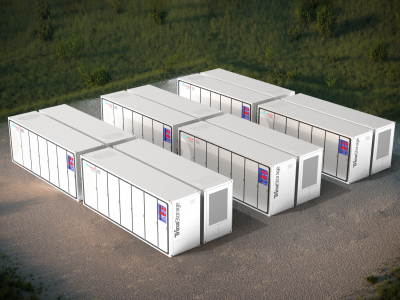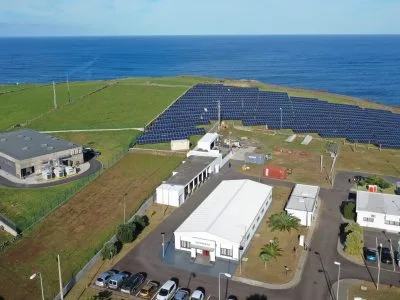Energy Storage Systems – Who Benefits?
It has been widely thought that the arrival of cost-competitive rooftop solar PV systems would be the biggest game changer in the electricity market. But it may be that the emergence of affordable energy storage systems will have an even more profound impact.
There are predictions that the energy storage market is going to boom. One survey suggested that $30 billion will be spent on energy storage in the next decade in Australia alone. In the US, where $1 trillion is expected to be spent on electricity network infrastructure in the next 10 years, at least one fifth of that – or $200 billion – will be spent on energy storage.
The big question is who is going to benefit most from that investment – the customer, or the utility that delivers or sells the electricity. Or maybe even both. Most people are still trying to figure that out.
There is little doubt that there is huge interest, and likely huge demand, for the product. Given that the arrival of solar PV has enabled homeowners and small businesses to produce their own energy, it is only natural that they would want to store it.
An analysis by Energeia this year said that as a result of cost reductions in the technology, it predicted there would be 421,000 residential energy storage systems in Australian homes by 2021 – nearly half the number that currently have solar on their rooftops. The new pricing mechanisms that are being introduced into Australia – high rates for peak consumption and low rates for overnight – make it particularly attractive to have both solar, which can draw down cheap energy from the sun during the day, and energy storage – which can store excess energy and draw from the grid at low overnight rates. It effectively doubles the attraction.
Richard Turner, the CEO of Adelaide-based Zen Energy Systems, last month unveiled a new product called Freedom Powerbank, an energy storage system that will allow households to store enough electricity to cater for their average daily usage. An email sent out to 4,000 of Zen’s solar PV customers generated an enormous response – one person a minute signing up for more details, according to Turner. The response from utilities and international customers has been equally effusive, he says.
Turner says the storage system is a game changer because it is clear that solar PV will be the power supply of the future, and this enables households to store that energy and utilise what is effectively “baseload” renewables.
If you want to know more about this and other topics directly from end users of energy storage technologies join us at one of these annual events: The Energy Storage World Forum (Grid Scale Applications), or The Residential Energy Storage Forum, or one of our Training Courses.



